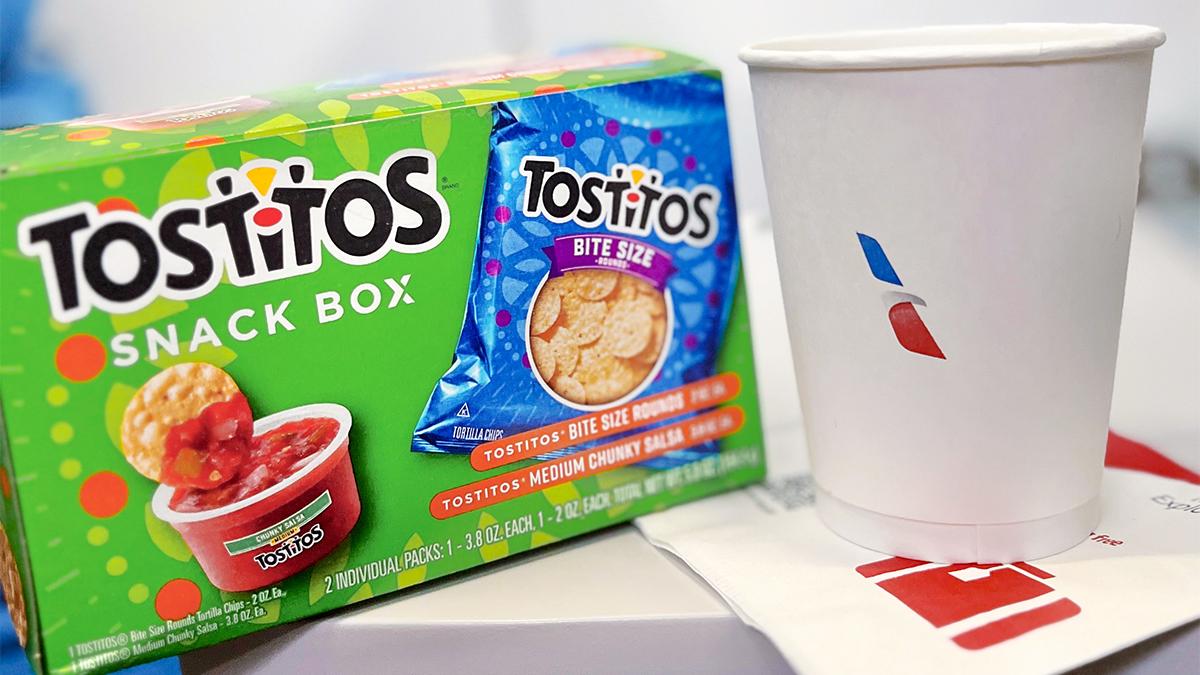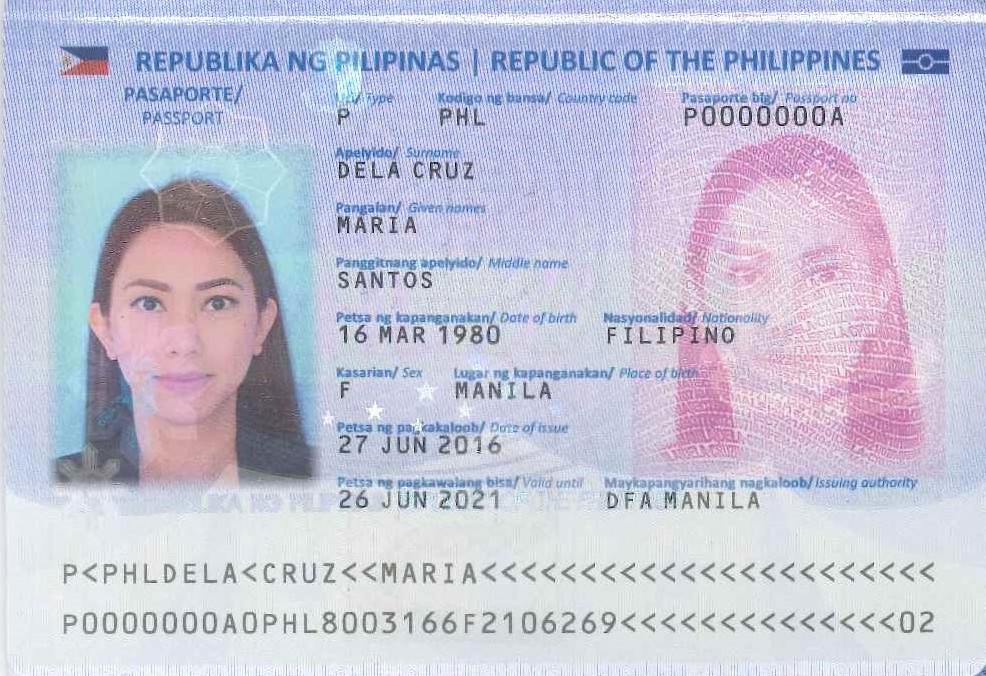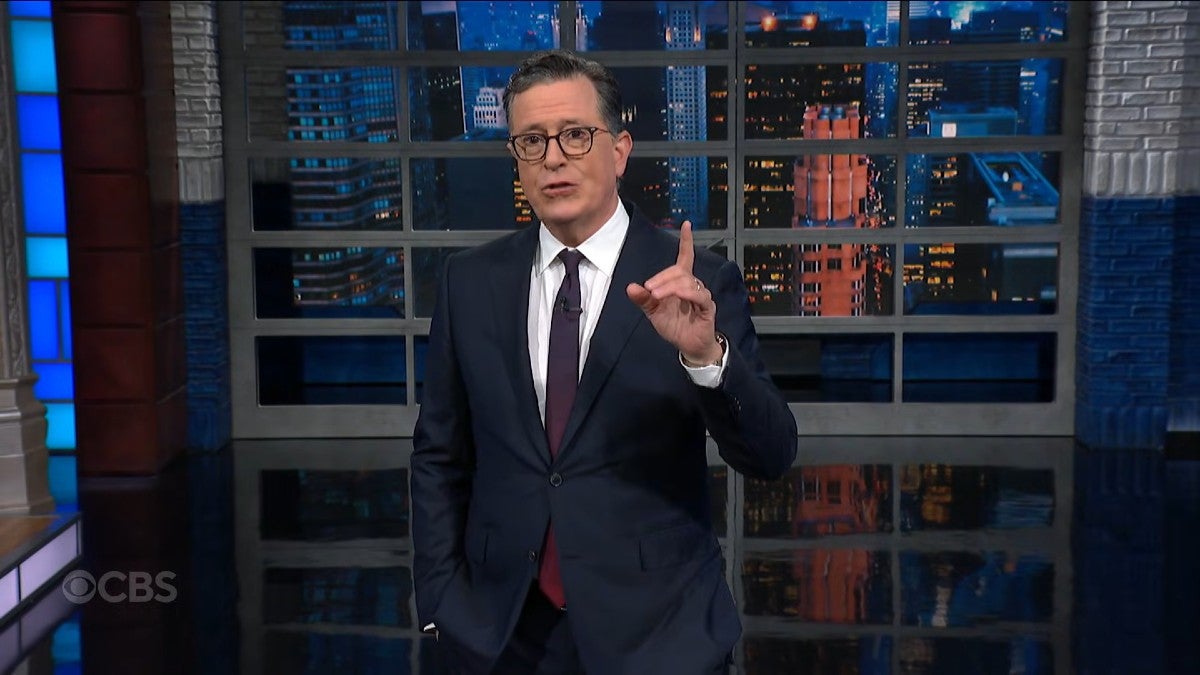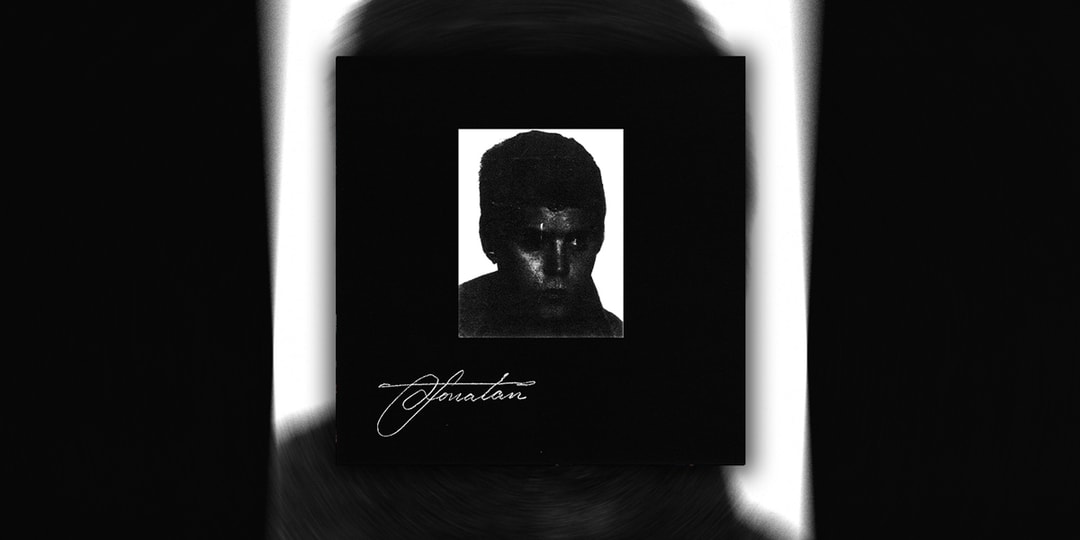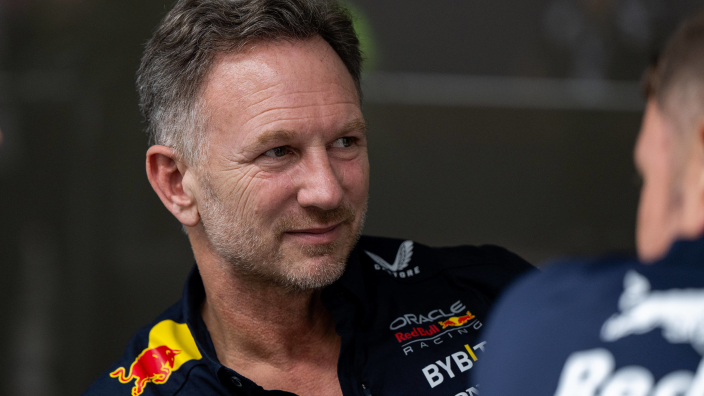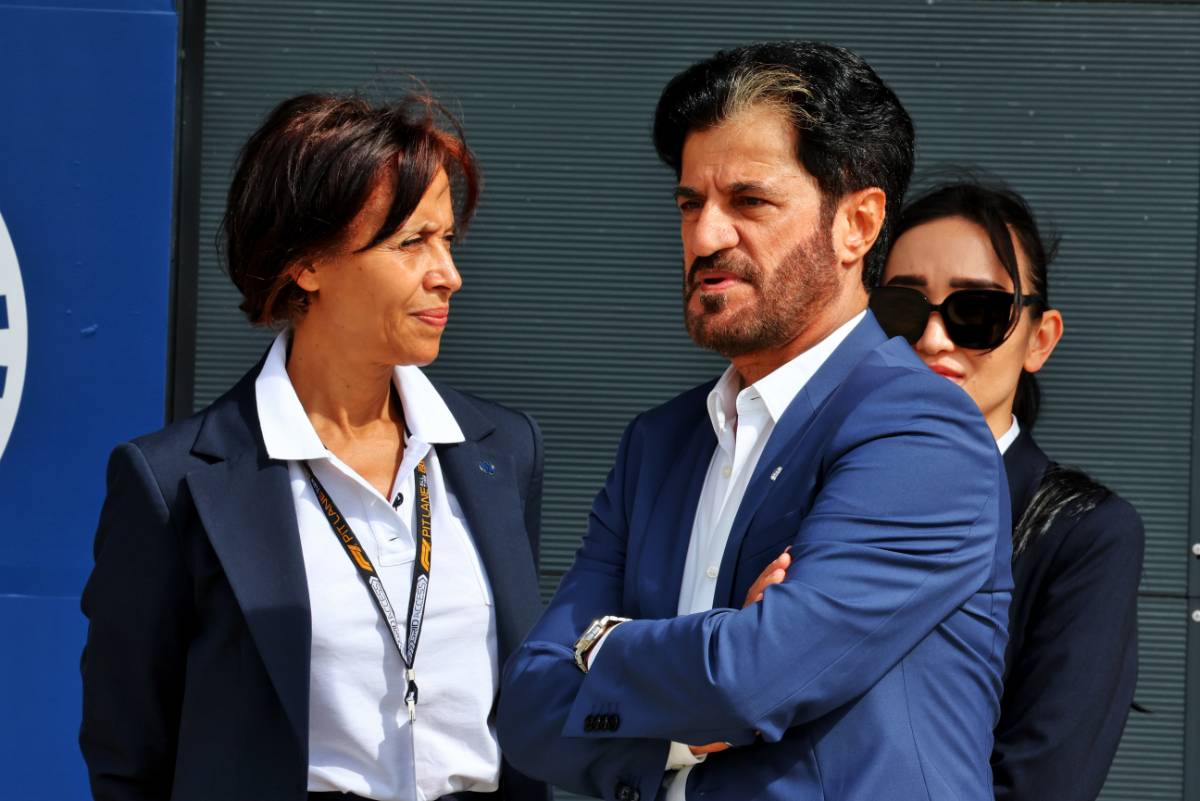Russell’s frosty response to Ben Sulayem rule change hint
Grand Prix Drivers Association director George Russell gave his take on FIA president Mohammed Ben Sulayem’s hint of changes to conduct guidelines
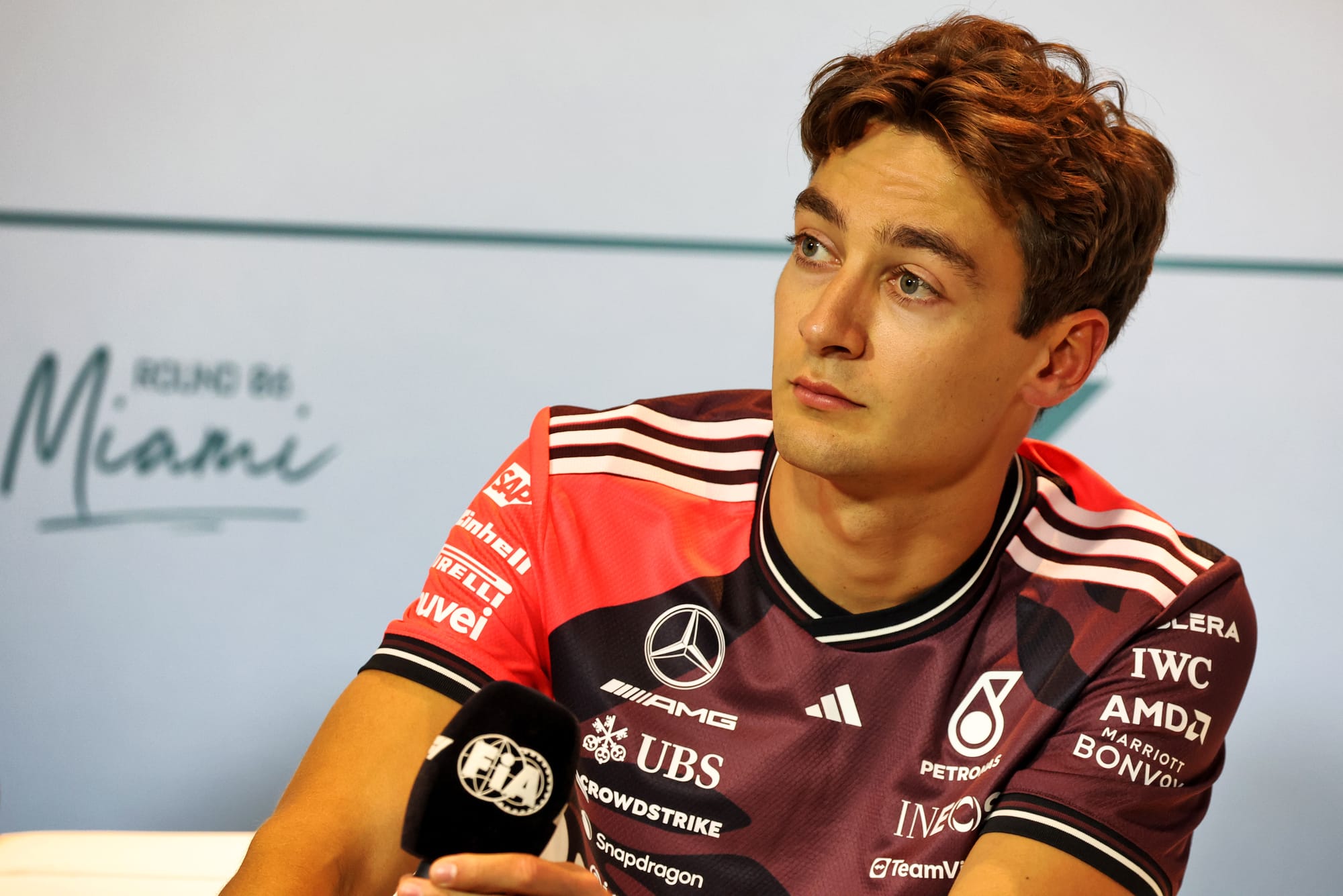

Grand Prix Drivers Association director George Russell says FIA president Mohammed Ben Sulayem’s hint of changes to conduct guidelines “doesn’t mean anything” unless it is followed through with.
A new appendix to the FIA International Sporting Code was published this year, providing guidelines for stewards to penalise violations of rules relating to driver conduct, which has been predominantly covered by issues of drivers swearing.
Drivers can be fined on a first offence, then receive enhanced fines and sporting sanctions on the second or third offence in a two-year period, with a multiplier based on the level of the championship.
F1 drivers receive quadruple the base fine, meaning €40,000 for a single offence of “misconduct”, for example, €80,000 plus a suspended one-month suspension for a second offence, and €120,000 plus a one-month suspension and deduction of championship points for a third offence.
The publishing of these guidelines caught out many in F1 and caused controversy in various series, including the World Rally Championship, as drivers pushed back on both the way the rules were implemented and what they saw as a draconian approach.
This seemed to be eased at the start of the season when it was explained the situations in which the FIA would expect different levels of conduct, but Ben Sulayem said this week that “improvements” were being "considered" for Appendix B, although he did not indicate a timeline, how it would be changed, or guarantee that it would be.
Asked whether Ben Sulayem's suggestion was a positive step, Russell said: "I mean, conceptually, yes. But obviously we want to see put these things these things put into action, rather than saying 'we're considering things'. You know, we all 'consider' a lot of things. 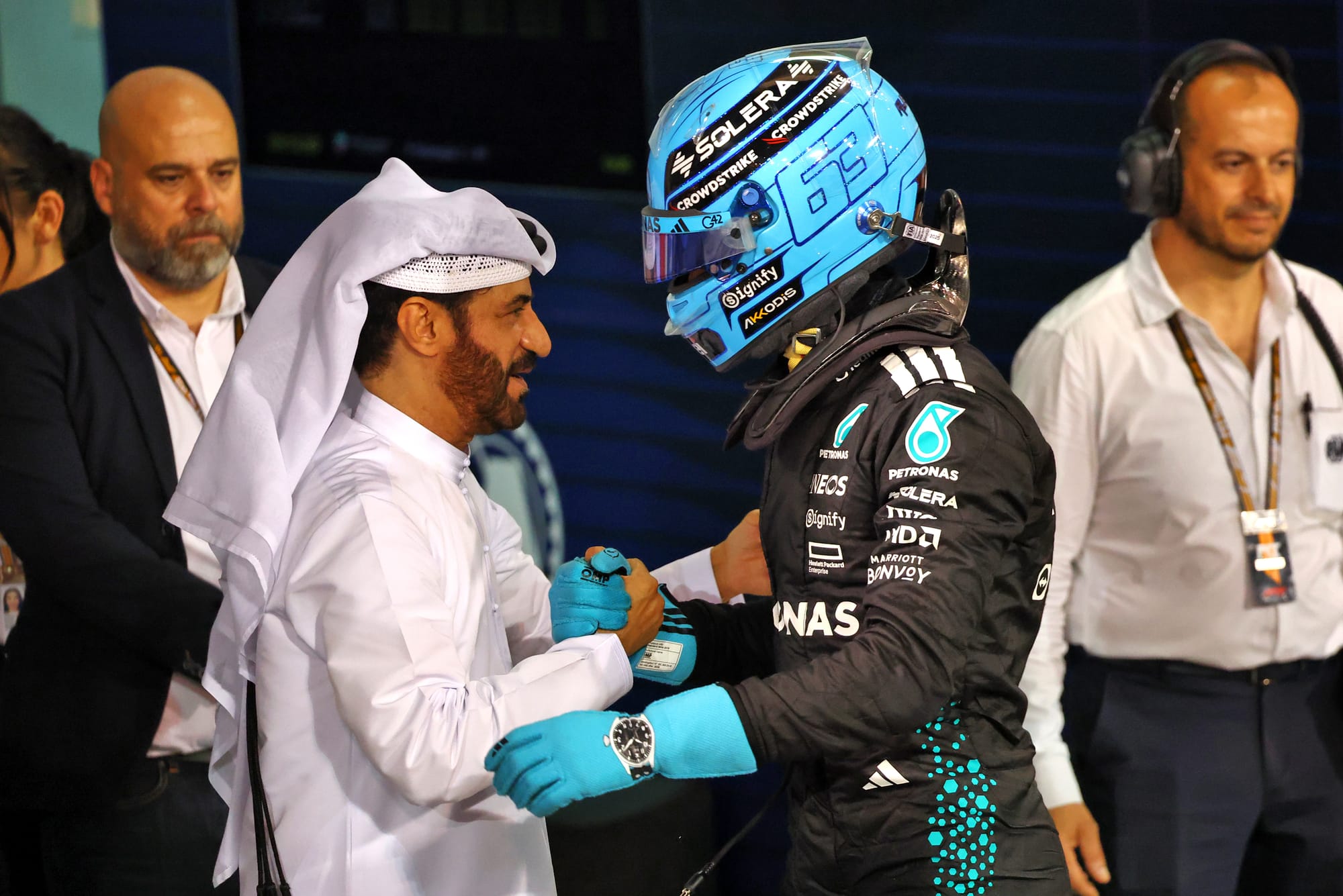
"We [drivers] are clear we want changes. And once they are implemented, then we'll comment. But for the time being it's being 'considered' - so it's just... the words don't mean anything until the change has been made."
The concession on potentially changing guidelines that have been so divisive comes in an election year for Ben Sulayem, who is running to stay on as FIA president and, as it stands, has no opponent.
Some in F1 have interpreted the social media post as posturing rather than something that will actually result in change.
Last year, when asked about a critical GPDA letter that said the FIA should treat drivers like adults, Ben Sulayem said in an interview that it was “none of their business”.
This week he said that his consideration of “improvements” to Appendix B came after “constructive feedback from drivers across our seven FIA world championships”, which was inaccurately put to Russell as Ben Sulayem having referenced “dialogue”.
Russell said there had not been collective communication with the FIA over the matter, although there was extensive discussion at the drivers' briefing at the season-opening Australian Grand Prix, where the intended nuances of applying the guidelines were explained to the drivers.
"It'd be great if changes were made and the drivers were at least heard," Russell continued. "I think that's just in the best interests of the sport, ensuring that some common sense is applied to these situations.
"But as I said, I think all of us, we can comment on it when we see the action being taken rather than just 'consideration'."
The FIA does try to engage with drivers more directly where possible. The regular drivers' briefing on Friday is a helpful forum for discussing topics on a smaller scale, especially issues that arise at the previous race.
There are also longer conversations each year where feedback about race direction and stewarding matters are discussed.
But when asked whether those conversations needed to take a more formalised shape, Russell said: "I mean, I feel it's unprecedented times we've been in in the last 18 months, with what's been changing, what's happening.
"I think when the GPDA was founded years ago [initially in 1961, then again in 1994] it wasn't really to talk about politics - it was to talk about safety, it was to talk about improvements of the sport, improvements of racing. And especially myself, I find myself talking about topics that I didn't really have any intention of talking about.
"But we find ourselves in a time where we're not focussed on the things [relevant to] why we're all here. We're here to go racing, we're here to create the best show for the fans, to have the fastest cars, the safest cars, the best technology, the best engineering, and yet we talk about fines and punishments and swearing.
"So, yeah, maybe something should change. We're open to it. But we just ultimately want what's the best for the sport."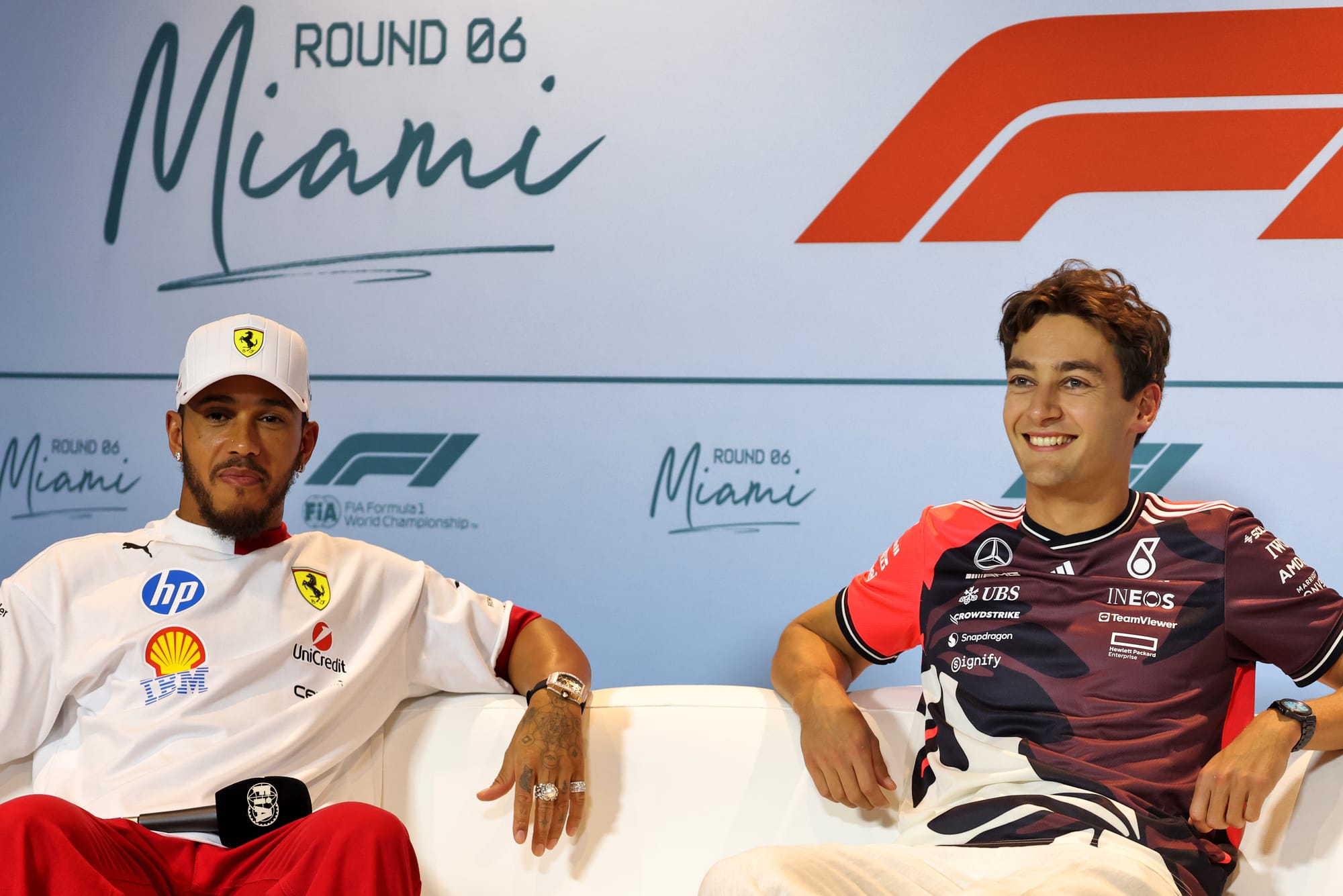
Russell and his former Mercedes team-mate Lewis Hamilton, a seven-time world champion and one of the most experienced drivers in F1 history, were talking to one another during press conference - and when Hamilton and other press conference attendee Nico Hulkenberg were prodded on whether they had anything to add to Russell's answer, Russell soon - in what was clearly a very friendly and jovial tone - prodded Hamilton with a "say something!".
Hamilton did - and while his answer initially seemed to strike a more reconciliatory tone, it very quickly pivoted to a different tone, one in which Hamilton lamented the GPDA's lack of formal vote in F1's current governance product and seemed to hint that he would welcome it serving as more of a conventional trade union, with everything that implies.
"I think ultimately the GPDA is very unified," said Hamilton. "Ultimately we want to be able to work closely with the FIA. I think everyone, all of us, want to continue to work together and make the sport better.
"And of course, we've faced a bit of an uphill challenge in that communication over time.
"Ultimately we [drivers] don't hold power, a power seat at the table. And that needs to change, in my opinion.
"So... if you look at other sports that have unions, that may be something that comes into play at some stage.
"But it's just- as I said, we don't want to control things, we just want to collaborate with them more and have our voices heard. Ultimately people making decisions for others, [people] that have never been in that position, it's good [in that process] to have a point of view from a drivers' perspective, and that's what we're trying to do."
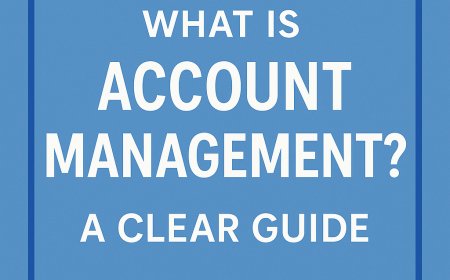

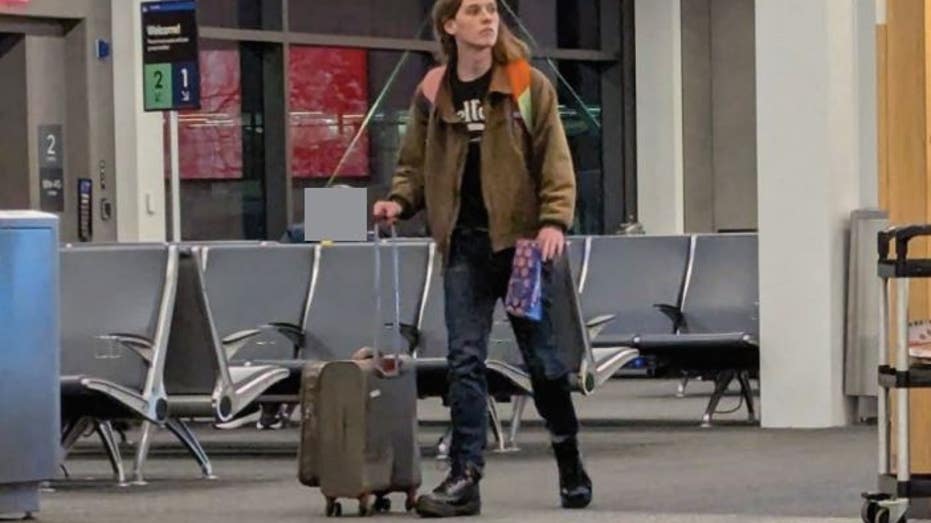

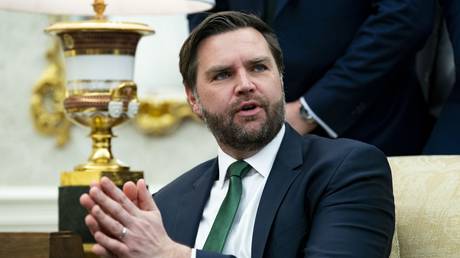






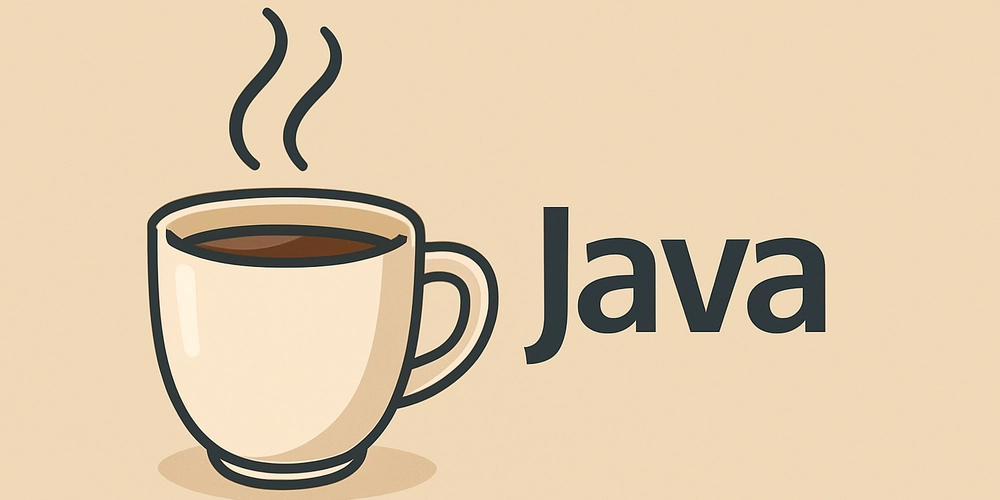
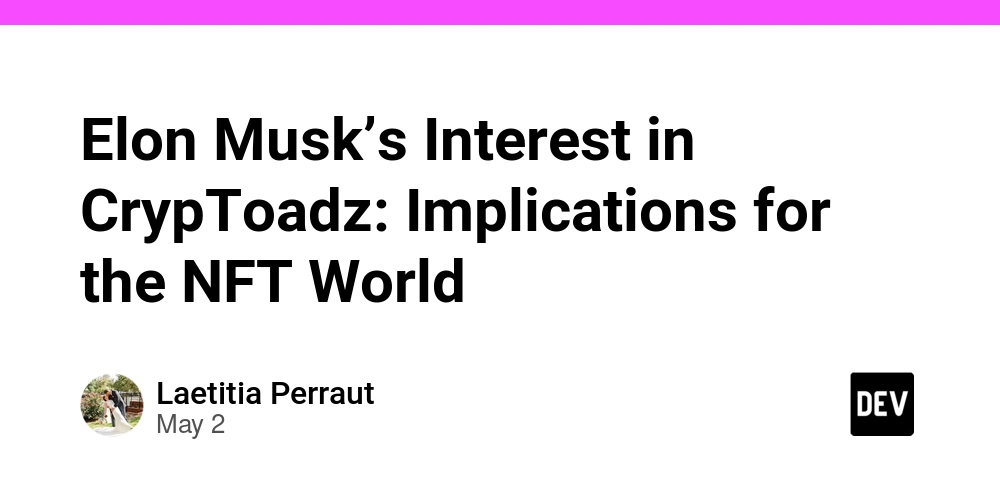
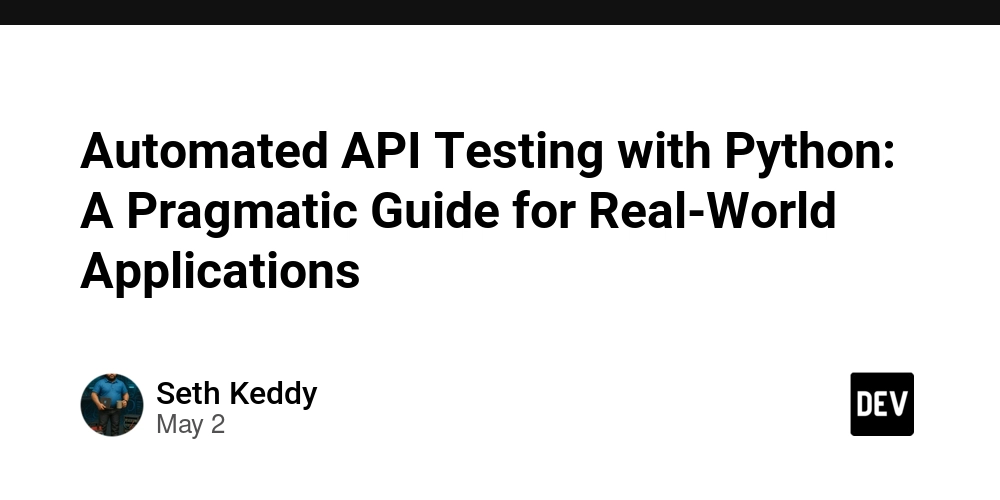
![Day 153/365 [Learning Full Stack]](https://media2.dev.to/dynamic/image/width=800%2Cheight=%2Cfit=scale-down%2Cgravity=auto%2Cformat=auto/https%3A%2F%2Fdev-to-uploads.s3.amazonaws.com%2Fuploads%2Farticles%2F8nbi1z0fon7j6nu7dt0b.png)
































